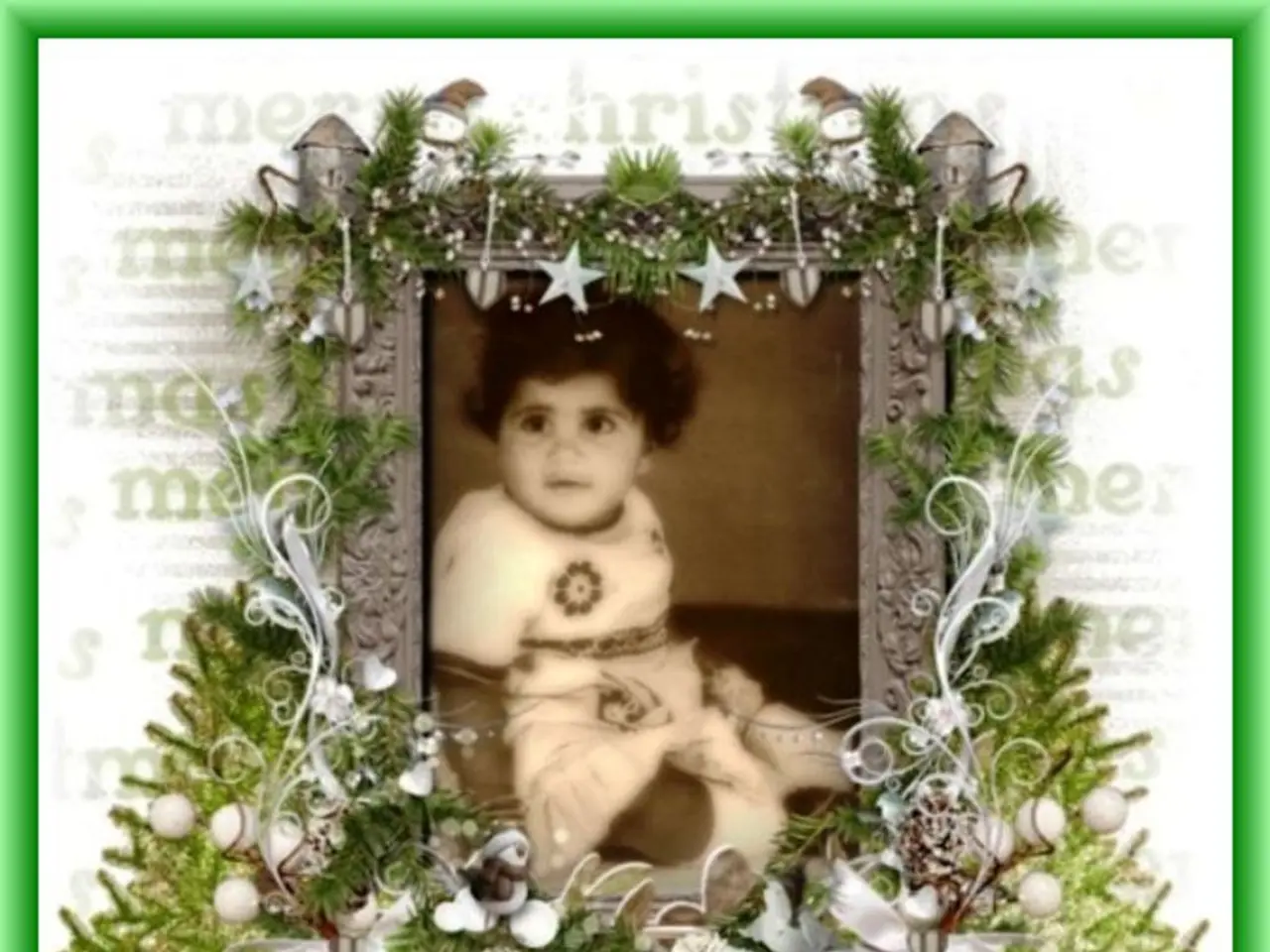Twin sisters Antje and Kerstin are on a quest to find their long-lost sibling.
In the heart of Germany, a poignant chapter of history continues to unfold as families search for loved ones lost during the Communist regime of East Germany. Known as the "Stolen DDR Children," this issue revolves around forced adoptions and child abductions, a dark chapter that some argue is barely acknowledged in modern history books.
One of the most affected individuals is Antje Noack, who has been searching for her identical twin sister for 25 years. Born in Cottbus in 1972, Antje suspects her sister might be in the area of Finsterwalde, Bad Liebenwerda, and Lauchhammer. Unfortunately, Antje's sister was declared dead at birth, but she strongly believes her sibling is still alive.
Antje is not alone in her quest. Kerstin Heinze from Dresden also doubts the death of her identical sister, born as a triplet in a Dresden private clinic in 1964. Kerstin has seen "herself" twice and lives in hope that they will be reunited.
Andreas Laake, another affected individual, has taken his fight to a political level. He has founded an interest group for stolen DDR children and connects other affected people. Andreas has also submitted a petition to the Bundestag demanding political clarification, but no action has been taken so far.
The practice of forced adoption and child abduction in East Germany was allegedly orchestrated or enabled by Margot Honecker, a key figure in the DDR government from 1963 to 1989. Children of families deemed politically undesirable were often targeted, reflecting a system of control and repression rather than ethnic forced assimilation seen in other historical contexts.
Since German reunification in 1990, efforts have been made to investigate these historical human rights abuses and reunite children with their biological families. However, these efforts are complicated by missing or falsified records, reluctance of perpetrators to acknowledge guilt, and the passage of time.
Fashion designer Kilian Kerner is lending his support to the search for stolen DDR children. He finds it intolerable for this issue to be covered up and wants more attention for it. Recently, Kilian dedicated his current collection to missing DDR children, hoping to raise awareness and bring the issue to the forefront.
Cleo, Antje Noack's daughter, has also joined the fight. She went viral on TikTok with her appeal for information about Antje's twin sister. If you have any tips or know someone who looks like Antje or Kerstin, send an email to [email protected] with the keyword "Twins."
As thousands of users search for their relatives on platforms like Facebook, affected people are demanding access to files and DNA tests to aid their search for relatives. This ongoing quest for truth and justice serves as a reminder of the importance of acknowledging and learning from the past.
References:
- The Guardian
- BBC News
- The Washington Post
- Amnesty International
- The complex issue of missing children from East Germany, often dubbed the "Stolen DDR Children," extends beyond personal stories, involving politics, general-news, and crime-and-justice.
- Andreas Laake, an affected individual, has stepped up his fight not just for himself, but for countless others, taking the struggle to a political level, requesting political clarification from the Bundestag, aligning the problem squarely within the realm of politics.







